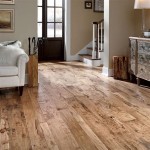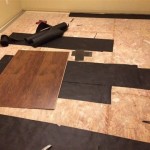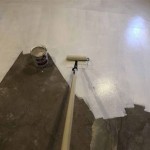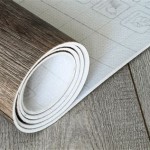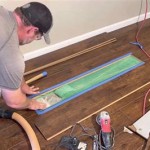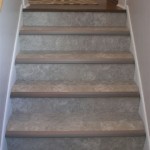Difference Between Hardwood And Engineered Flooring Costs
Choosing the right flooring for your home can feel overwhelming, especially when considering the wide range of options and price variations. Hardwood and engineered flooring are popular choices, offering aesthetic appeal and durability. However, understanding the differences in their costs can help you make an informed decision that aligns with your budget and desired results. This article will delve into the factors that influence the cost of both hardwood and engineered flooring, providing a comprehensive comparison to guide your selection.
Wood Species and Grade
The type of wood used dictates the initial cost, as some species are more readily available and therefore more affordable. Oak, maple, and hickory are common hardwoods, with oak being generally cheaper than maple and hickory. The grade of the wood also impacts the price. Higher grades of hardwood, which are free of knots and blemishes, command higher prices. Engineered hardwood also offers a variety of wood species, ranging from common options like oak and maple to exotic varieties like Brazilian cherry and walnut. However, the core of engineered hardwood typically consists of plywood or a similar material, which is less expensive than solid hardwood. This allows for lower prices overall, even for exotic wood veneers.
Installation Costs
Installation costs can vary depending on the complexity of the project, the size of the area to be covered, and the experience of the installer. Solid hardwood flooring requires skilled installers who can handle the intricate process of fitting boards together and creating a seamless finish. Engineered hardwood, on the other hand, is often easier to install, as it comes in pre-finished planks, requiring less specialized expertise. However, the cost of labor for either type of flooring can significantly impact the overall project cost.
Maintenance and Durability
Long-term expenses, such as maintenance and potential repairs, are essential considerations when comparing flooring options. Solid hardwood flooring requires regular refinishing, which can be costly over time. However, it offers exceptional durability and can be refinished multiple times, extending its lifespan. Engineered hardwood is typically more resistant to scratches and dents, making it a good choice for high-traffic areas. While it can also be refinished, it often has a limited number of refinishing cycles due to the thinner veneer layer. Both types of flooring require proper cleaning and maintenance to preserve their appearance and longevity.
Other Considerations
Beyond the core factors of wood species, installation, and maintenance, additional aspects can influence the cost of hardwood and engineered flooring. The choice of finishing, such as staining or sealing, impacts the price. Custom options, such as borders or inlays, increase the overall cost. Furthermore, the availability of the desired flooring in your region may affect pricing, as transportation and distribution costs play a role. Ultimately, the final decision should incorporate your individual needs and preferences, factoring in the costs and benefits of each flooring type.

Hardwood Vs Engineered Wood Flooring Which Is Better Bessemeter

Engineered Wood Vs Hardwood What S The Difference

Cost To Install Hardwood Flooring Floor Fixr

Laminate Flooring Vs Engineered Hardwood Pros And Cons

Cost To Install Hardwood Flooring Floor Fixr

Vinyl Plank Vs Hardwood A Cost And Feature Comparison The Carpet Guys

Hardwood Flooring Cost 2024 Per Square Foot Mk

Engineered Hardwood Vs Vinyl Differences Cabinets Core

How To Choose Between Engineered Solid Wood Flooring Adige Design

How Much Does Engineered Hardwood Flooring Cost 2025 Today S Homeowner
See Also
